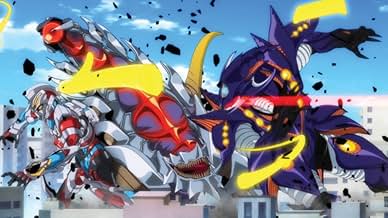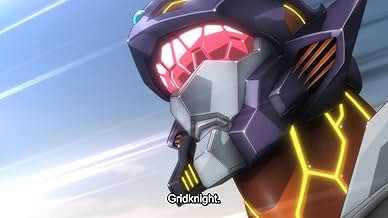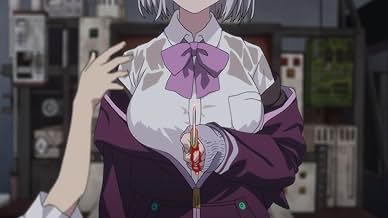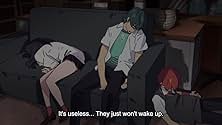A being calling itself "Hyper Agent Gridman" contacts high schooler Yuta through an old computer, recruiting him in the fight against impending terror.A being calling itself "Hyper Agent Gridman" contacts high schooler Yuta through an old computer, recruiting him in the fight against impending terror.A being calling itself "Hyper Agent Gridman" contacts high schooler Yuta through an old computer, recruiting him in the fight against impending terror.




























